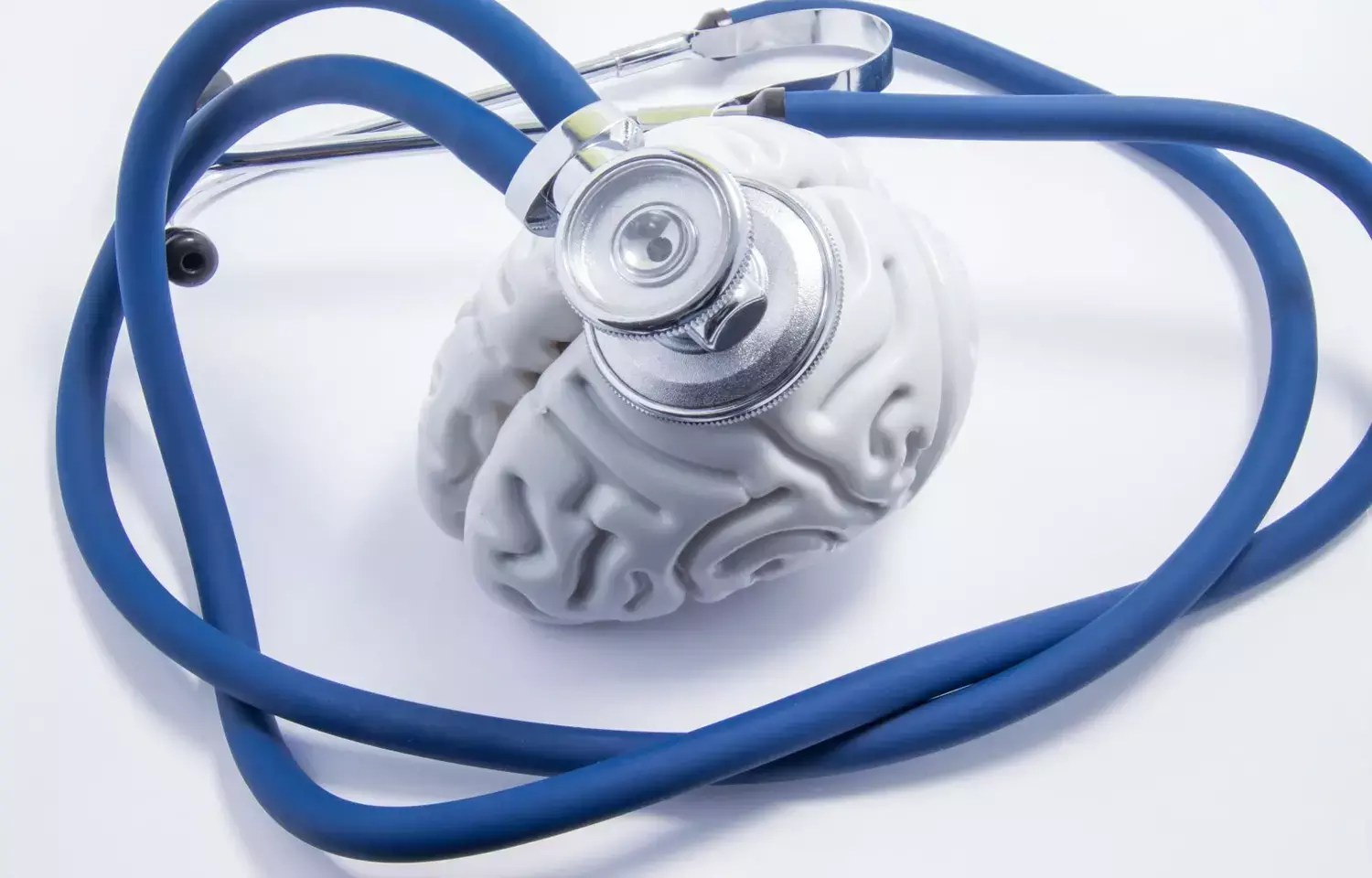- Home
- Medical news & Guidelines
- Anesthesiology
- Cardiology and CTVS
- Critical Care
- Dentistry
- Dermatology
- Diabetes and Endocrinology
- ENT
- Gastroenterology
- Medicine
- Nephrology
- Neurology
- Obstretics-Gynaecology
- Oncology
- Ophthalmology
- Orthopaedics
- Pediatrics-Neonatology
- Psychiatry
- Pulmonology
- Radiology
- Surgery
- Urology
- Laboratory Medicine
- Diet
- Nursing
- Paramedical
- Physiotherapy
- Health news
- Fact Check
- Bone Health Fact Check
- Brain Health Fact Check
- Cancer Related Fact Check
- Child Care Fact Check
- Dental and oral health fact check
- Diabetes and metabolic health fact check
- Diet and Nutrition Fact Check
- Eye and ENT Care Fact Check
- Fitness fact check
- Gut health fact check
- Heart health fact check
- Kidney health fact check
- Medical education fact check
- Men's health fact check
- Respiratory fact check
- Skin and hair care fact check
- Vaccine and Immunization fact check
- Women's health fact check
- AYUSH
- State News
- Andaman and Nicobar Islands
- Andhra Pradesh
- Arunachal Pradesh
- Assam
- Bihar
- Chandigarh
- Chattisgarh
- Dadra and Nagar Haveli
- Daman and Diu
- Delhi
- Goa
- Gujarat
- Haryana
- Himachal Pradesh
- Jammu & Kashmir
- Jharkhand
- Karnataka
- Kerala
- Ladakh
- Lakshadweep
- Madhya Pradesh
- Maharashtra
- Manipur
- Meghalaya
- Mizoram
- Nagaland
- Odisha
- Puducherry
- Punjab
- Rajasthan
- Sikkim
- Tamil Nadu
- Telangana
- Tripura
- Uttar Pradesh
- Uttrakhand
- West Bengal
- Medical Education
- Industry
Positive airway pressure therapy may delay cognitive decline in sleep apnea patients

USA: Results from a systematic review published in the journal Neurology showed that in adults with obstructive sleep apnea (OSA), positive airway pressure (PAP) therapy may delay cognitive decline, however, further research is needed.
Alzheimer's disease (AD) and other dementia forms represent a rising global public health crisis. Owing to the unavailability of treatments to prevent, cure, or slow dementia progression, promising means to modify dementia occurrence or severity could be the identification of treatable risk factors that increase dementia risk, such as OSA.
Against the above background, Monica Moon Shieu, University of Michigan, Department of Neurology, Division of Sleep Medicine, and colleagues systematically reviewed the impact of PAP therapy on the incidence of cognitive disorders and cognitive decline among middle-aged and older adults with OSA.
Based on the findings, the researchers found the following:
· Eleven studies (three clinical trials and eight observational studies) were identified.
· In these studies, 96% participants had OSA (n= 60,840) and n=5,826 had baseline cognitive impairment (mild cognitive impairment [MCI] or AD).
· Of all study participants, n=43,973 obtained PAP therapy, and n=16,397 were untreated or in a placebo group.
· Most studies reported a protective effect of PAP therapy on MCI and AD incidence, e.g., delayed age at MCI onset, reduced MCI or AD incidence, slower cognitive decline, or progression to AD.
"These findings suggest the role of OSA as a modifiable risk factor for cognitive decline. The burden of cognitive disorders on aging adults and their families calls for modifiable risk factors to reduce their impact among adults and their families."
"Future researcher that focuses on PAP interventions as a potential means to alleviate the incidence of cognitive disorders and cognitive decline is needed, particularly among ethnoracial minority groups who have been underrepresented and under-investigated in the extant literature," they concluded.
Reference:
Positive Airway Pressure and Cognitive Disorders in Adults With Obstructive Sleep Apnea: A Systematic Review of the Literature Monica Moon Shieu, Afsara Zaheed, Carol Shannon, Ronald David Chervin, Alan Conceicao, Henry Lauris Paulson, Tiffany Joy Braley, Galit Levi Dunietz Neurology May 2022, 10.1212/WNL.0000000000200383; DOI: 10.1212/WNL.0000000000200383
Dr Kamal Kant Kohli-MBBS, DTCD- a chest specialist with more than 30 years of practice and a flair for writing clinical articles, Dr Kamal Kant Kohli joined Medical Dialogues as a Chief Editor of Medical News. Besides writing articles, as an editor, he proofreads and verifies all the medical content published on Medical Dialogues including those coming from journals, studies,medical conferences,guidelines etc. Email: drkohli@medicaldialogues.in. Contact no. 011-43720751


